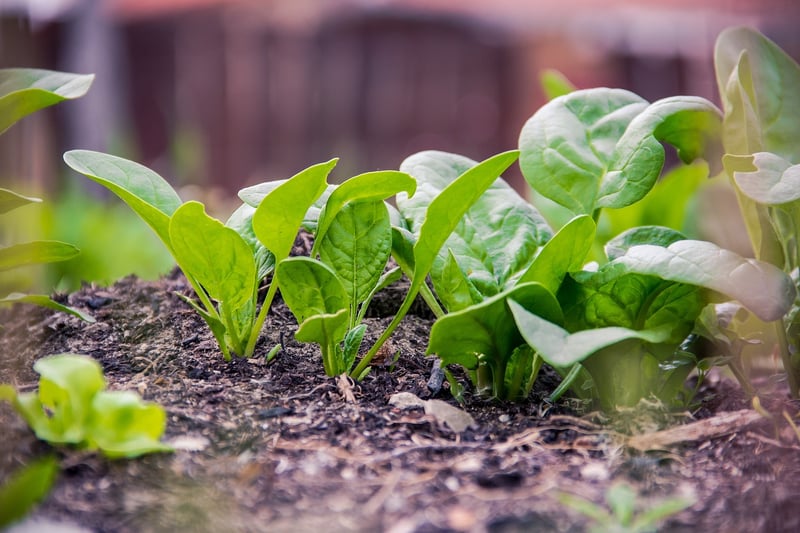Soil Health
How to Maintain Plant and Soil Health
Introduction
Ensuring the health of your plants and soil is essential for a thriving garden or landscape. By implementing proper care and maintenance practices, you can promote robust plant growth and improve soil quality. Here are some tips to help you maintain plant and soil health:
1. Proper Watering
Watering your plants correctly is crucial for their health. Make sure to water them deeply but infrequently to encourage deep root growth. Ensure that the soil has proper drainage to prevent waterlogging, which can lead to root rot.
2. Balanced Nutrition
Plants require essential nutrients to grow and thrive. Use organic fertilizers or compost to provide a balanced mix of nutrients to the soil. Conduct soil tests to determine any deficiencies and adjust your fertilization routine accordingly.
3. Weed Control
Regularly remove weeds from your garden to prevent them from competing with your plants for nutrients and water. Mulching can help suppress weed growth while also improving soil structure and moisture retention.
4. Proper Plant Spacing
Ensure adequate spacing between plants to allow for proper air circulation and prevent overcrowding. Crowded plants are more susceptible to diseases and pests. Follow recommended spacing guidelines for each plant variety.
5. Soil Aeration
Regularly aerate your soil to improve its structure and allow for better root growth. You can use a garden fork or aeration tools to loosen compacted soil. Aeration also helps enhance water infiltration and nutrient absorption.
6. Pest and Disease Management
Monitor your plants regularly for signs of pests and diseases. Practice integrated pest management techniques such as handpicking pests, using beneficial insects, and applying organic pesticides when necessary. Proper sanitation and good plant hygiene can also help prevent disease spread.
7. Crop Rotation
Rotate your crops each season to prevent nutrient depletion and reduce the buildup of pests and diseases in the soil. Different plant families have varying nutrient needs, so rotating crops can help maintain soil fertility and overall plant health.
Conclusion
By following these tips for maintaining plant and soil health, you can create a sustainable and thriving garden environment. Healthy plants not only look beautiful but also contribute to a balanced ecosystem. Remember to observe your plants regularly, make adjustments as needed, and enjoy the rewards of a flourishing garden.


